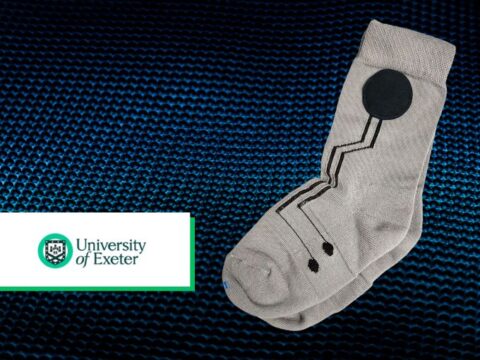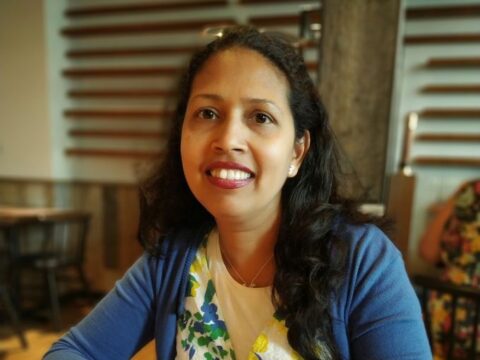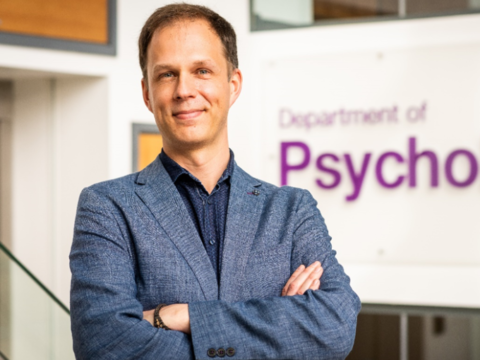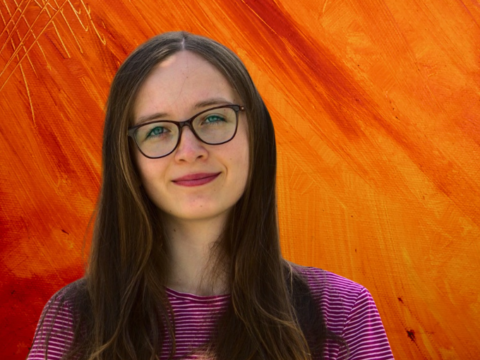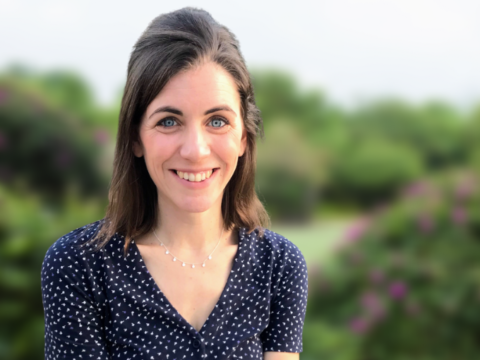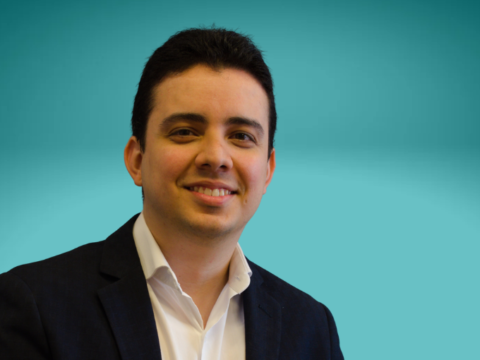 Name:
Name:
Sarah Wallcook
Job Title:
Doctoral Student
Place of work / study:
Karolinska Institutet
Area of research:
Occupational therapy – Everyday Technology and Dementia
How is your work funded?
H2020 Marie Skłodowska Curie Actions – Innovative Training Networks
Tell us a little about yourself:
I am a Marie Curie early stage researcher in the Interdisciplinary Network for Dementia Using Current Technology (INDUCT) and an occupational therapy doctoral candidate with the CACTUS (Cognitive Accessibility and Technology Use when ageing at home and in Society) research group at Karolinska Institutet.
Born in the Bahamas, I have lived in various places around the world and settled in Cumbria in 2008 before moving to Stockholm for my PhD in 2016. My community-centred arts and health career has focused on positive social change and creating tailored opportunities for people to participate in activities that are important to them. As technology changes and becomes ever more prevalent in society, my studies are investigating how technology acts as both a barrier and facilitator in daily life among people with dementia in the UK and Sweden. I have a particular interest in the rural context for participation.
Tell us a fun fact about yourself:
I used to be an opera singer and I sometimes like to do my research reflections in the form of improvised vocalisations.
Why did you choose to work in dementia?
As a singing practitioner, for over 15 years I worked with all kinds of groups of people and I loved how our singing activities acted as a ‘magic door’ – it seemed as though we all came in feeling one way and left feeling another. When I started facilitating three Singing for the Brain groups for the Alzheimer’s Society in Cumbria, I felt the ‘magic door’ effect more strongly than I had with other groups and I found that really fulfilling. This made me wonder about the other types of magic doors there might be and this led me to retrain as an occupational therapist. For me now, finding the magic door means aligning what a person wants to do with their environmentally situated opportunity to do it leading to participation in a more fulfilled life. I believe this has positive consequences for us all.

 Print This Post
Print This Post